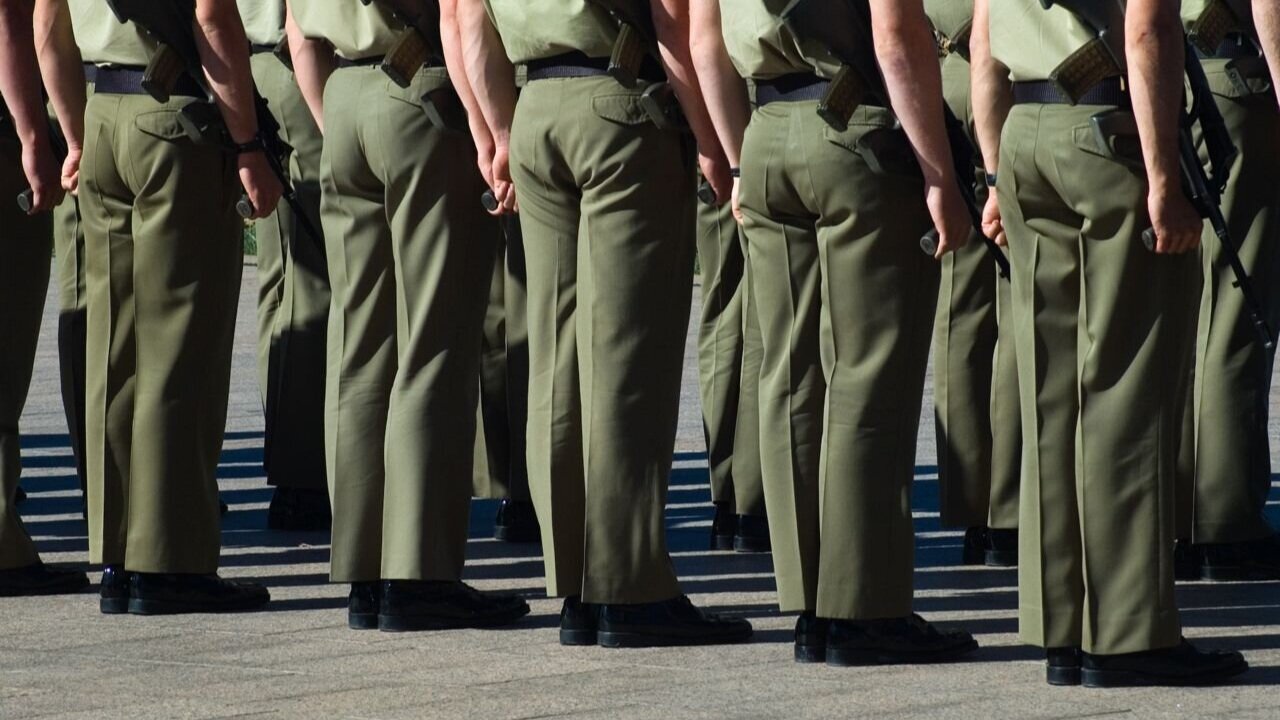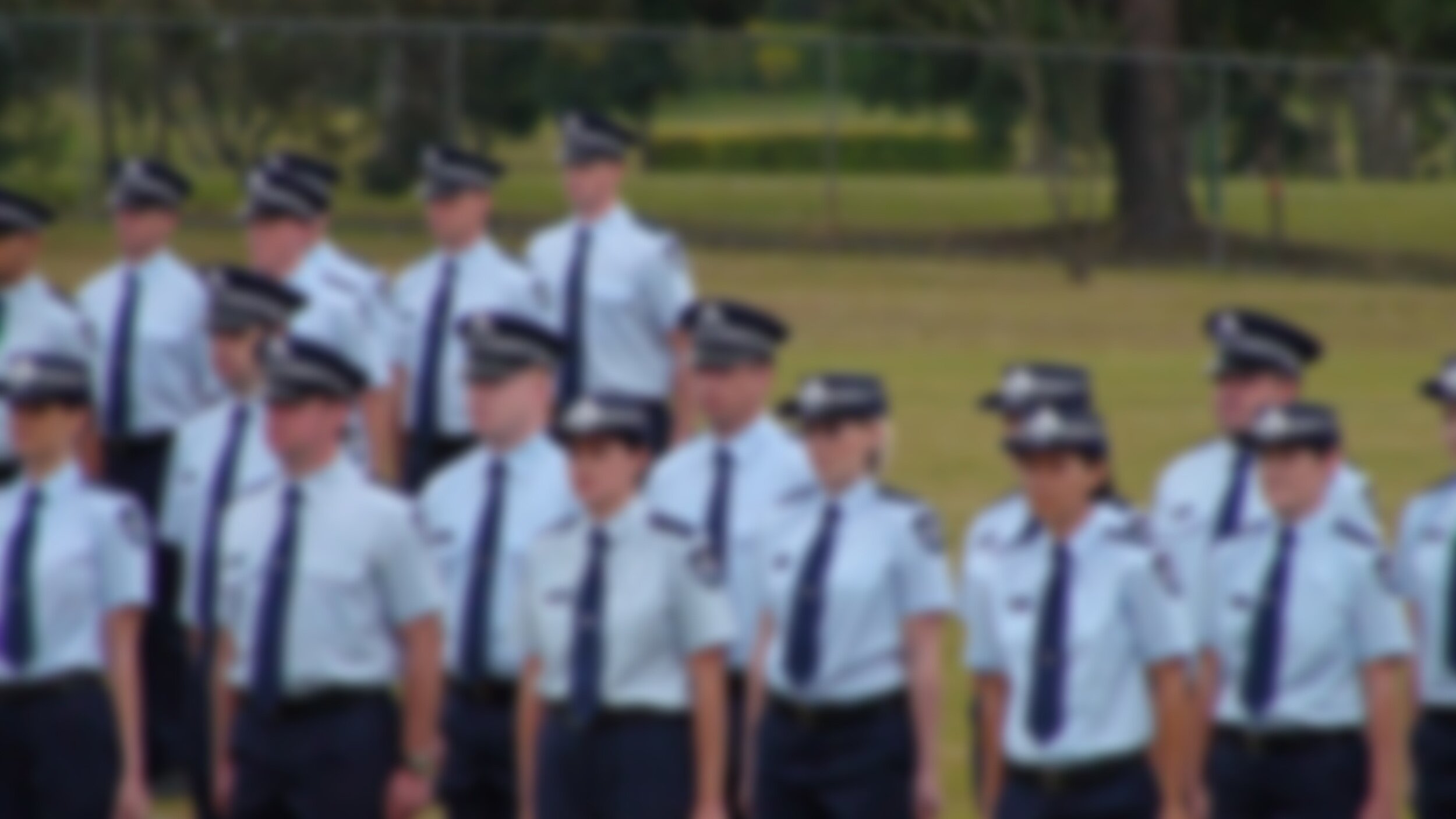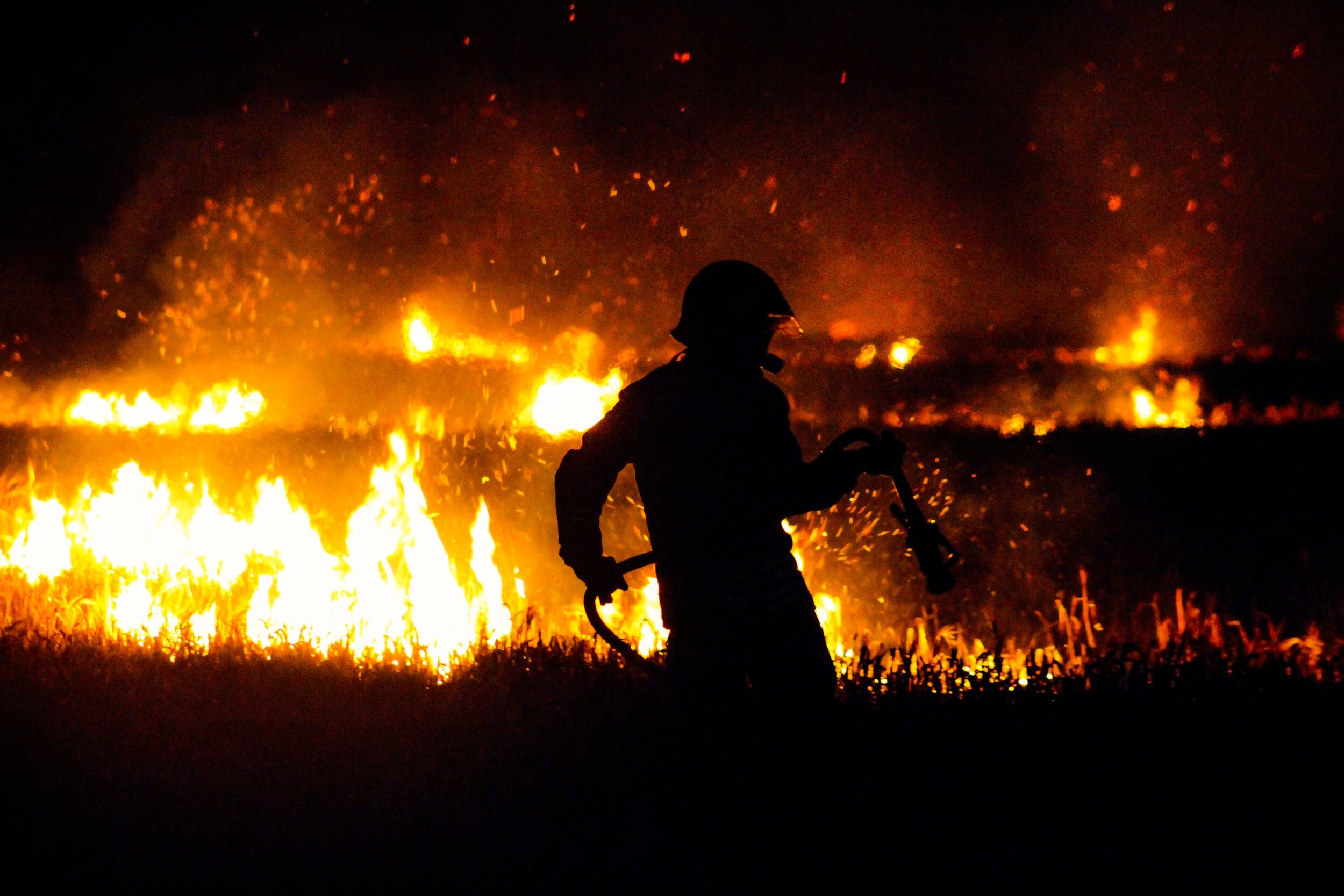Fixed Identity
The findings of this research support the development of a new theory, which has been titled post-service identity theory. Post-service identity theory is presented to fill existing gaps in the literature, and in practice, for the post-service management of former members of the police, military and emergency services. Its application is twofold. First, for the individual participants and their ability to move forward in the post-service environment; and second, for the police, military and emergency services organisations, some of which are currently experiencing public and executive scrutiny for their management of personnel as they transition from service.
Post-service identity theory illuminates the impact of a hegemonic masculine environment that offers specialised training in a team context with collective thinking. This environment is found in the police, military and emergency services organisations in Australia and is most apparent during the recruit training period and the subsequent reskilling and materialisation of the role using weapons, tools, and uniforms. Post-service identity theory shows that this environment is unique to these services and has an impact on the individuals who join or serve. The environment itself is a combination of factors that influence the individual service member to such an extent that they begin to identify strongly with the role in which they have been trained. Beyond the normal role identification that is seen in identity theory, post-service identity theory explains that the level of identification by these members is not easily described simply as role identification. This is highlighted by the struggles faced by the individuals when they are in the post-service environment. They are unable to adapt to other roles and adopt other identities, instead becoming what they are doing. It is significant that the environment that fuels this sort of identification is unique to these service organisations. Future studies would be required to ascertain other possible service organisations that provide the same environment to cause this level of identification.
Further, post-service identity theory informs the development of a fixed identity in the individuals who are trained and serve in the defined environment. Fixed identity is a term developed out of this research to attempt to describe the differences in the role identification in the participants as former members of the police, military and emergency services. Distinct from the models of identity theory, social identity theory (Tavares et al., 2016), and culture shock, the participants exhibited limited awareness of their existing identity as service members and described a futility to their attempts to move away from the fixed identity. As per the focus of this study, many of the participants who present with fixed identity describe being dissatisfied with their lives after separation, with a focus on an inability to find satisfaction in post-service employment. The presence of a fixed identity needs focus in two areas. The first is to be able to identify it in former service members to raise their personal awareness of it, and the second is to be able to initiate active identity work to try and help individuals to move forward from service with these organisations.
Shared Experiences Across Police, Military and Emergency Services
The shared lived experiences of the participants from police, military and emergency services is a finding that is not addressed directly in existing literature. It is also not addressed for members of Australian police, military and emergency services organisations. There is considerable literature on the transition experiences of military members in the US and UK. This is to be expected given the high numbers of serving military in the US and UK armed forces, their presence in high conflict zones around the world, and, for the US, their reported high rates of poor mental and physical health, often resulting in homelessness for military veterans. Because of this, many studies into the post-service experiences of US military are welcomed. However, there are few to no studies on the Australian military and their post-service experiences, and no located studies on Australian police and emergency service members post-service. This current study explored the possibility that the post-service struggles faced by the military as reflected in the literature were not only shared by the Australian military but also Australian police and emergency services. It was found that the police, military and emergency services in Australia have shared experiences in the transition and post-service employment space, including their job satisfaction after separation from service. Issues that arise from service-based training in a hegemonic masculine environment, together with repetitive masculine activities, collective goals, social isolation, and firm-related human capital with poor occupational mobility were found to not be exclusive to the military but shared by all three service groups.
By considering former members of police, military and emergency services to be part of one group of former service members, instead of former members of separate and distinct industry groups, information could be grouped together to help identify the individual issues that impacted post-service experiences, as opposed to organisational issues. For example, the ADF offers a twelve-month transition program for those separating for reasons other than mental health and has post-service transition seminars and processes that are developed to support separation from service. The police and emergency service organisations do not offer the same transition processes. Yet, the military personnel were not any better off in the post-service environment than the police and emergency services members. To say that the ADF transition processes are, therefore, ineffective has some basis however the findings across all participants indicate show that each individual needs to participate in identity work, skills transfer and retraining, if necessary, as a solution to the transition issues. The findings did not support the introduction of transition programs for police and emergency services to match the military, nor a better transition process for the military; but instead supported the need for new programs to support transitioning service members from all three service groups, that are not connected to the organisations themselves.
Given the shared experiences, the individual participants will benefit from understanding that their issues post-service are not related directly to the organisation they separated from, but from the type of service they were trained for and commissioned into, and which instilled changes to their individual identity. Therefore, the solution lies with the individual and not the organisation. Un-creating their military, police or emergency services identity is not possible, but imparting an understanding of why they face these challenges and providing tools to support the development of a new identity will be most beneficial. The significance of the finding that the experiences are shared amongst all three service groups lies in the potential treatment options. Without an organisation to blame, individuals have a better chance of improving their own perspectives and taking ownership of their future. This includes their ability to secure future employment and to improve post-service job satisfaction. Further, understanding that the experiences of the three service groups are shared, better informs the allocation of support resources for separated members. At the moment, military get the largest allocation of Government funding for post-service support, and the community as a whole is less aware of the challenges faced by police and emergency services. Publicly acknowledging that former members from all three service groups share the same experiences, and thereafter the same post-service challenges, will help demand an increase in the support services available for police and emergency services.




